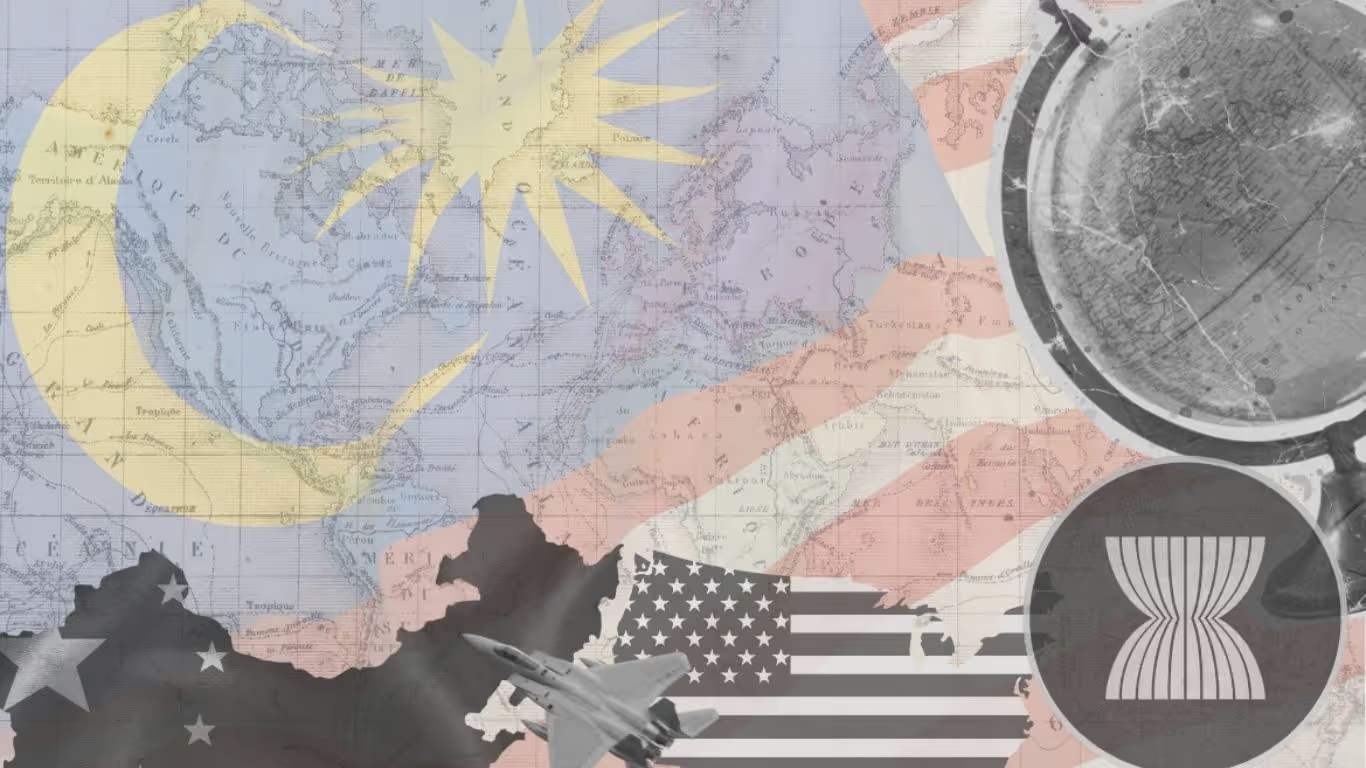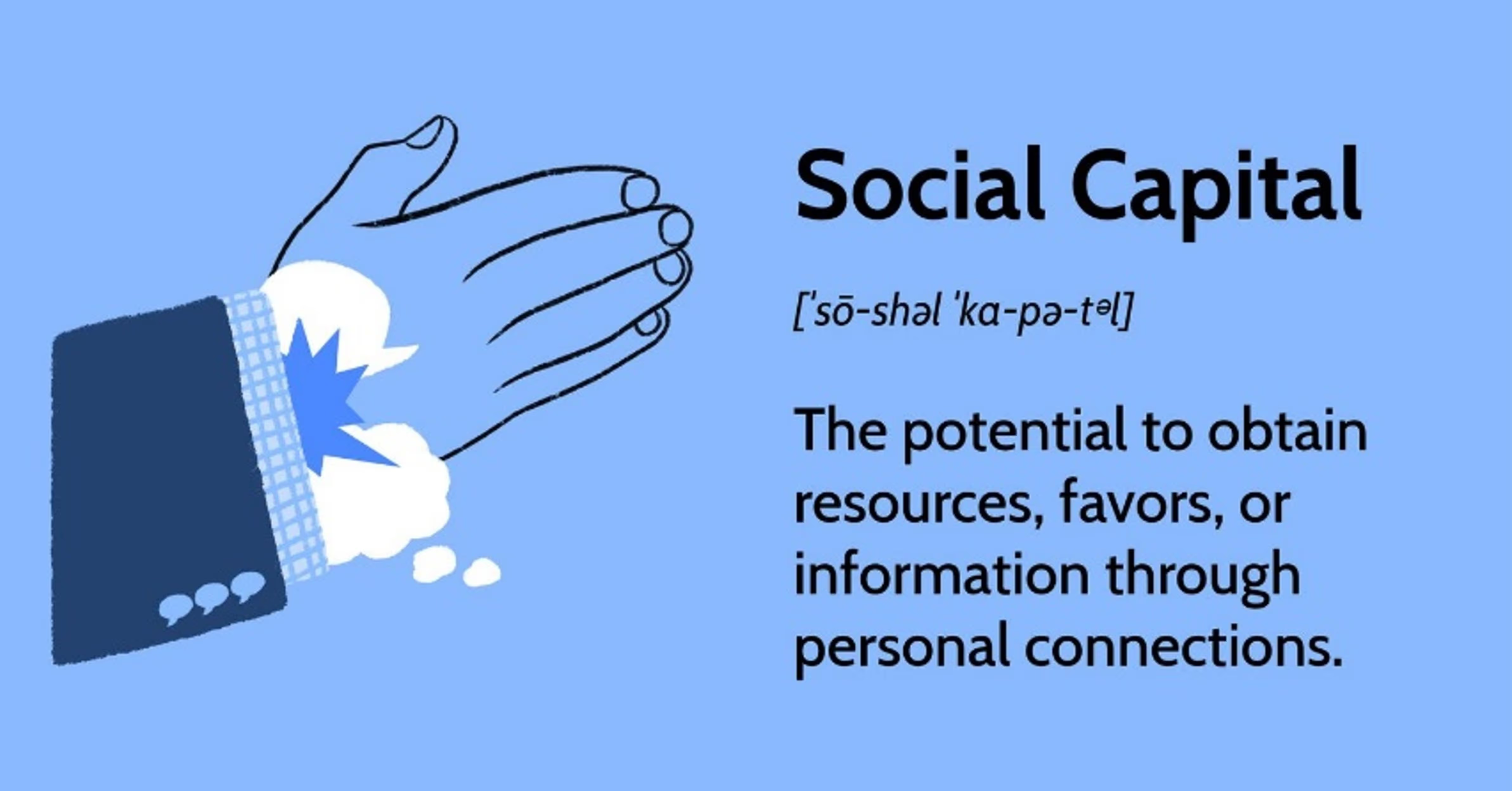
The 1982 movie with the above title took place in Jakarta during the political turmoil in Indonesia in 1965, a period that saw President Sukarno eventually ousted and the emergence of the Orde Baru (New Order) in Indonesia. The phrase itself was taken from Sukarno’s 1964 National Day speech where he used the Italian phrase ‘vivere pericoloso’ (living dangerously) to describe the coming year. The alleged coup attempt by the Indonesian Communist Party (PKI) and the anti-communist purge by the Indonesian military that followed was a bloody episode, with estimates of deaths ranging from a hundred thousand to many more.
There were not just Indonesian actors; Western powers—the Americans and the British—were actively involved in the political developments in Indonesia given the involvement of the PKI. The Korean War, a proxy US-Soviet Union war, ended just a decade earlier. American foreign policy was about the containment of communism, as they employed the Domino Theory in post-WWII geopolitics. The British still had interests in Malaysia. We had the Konfrontasi with Indonesia, which started with the formation of Malaysia in 1963 and ended with the emergence of the Orde Baru in Indonesia in 1966. Of course, 1965 also saw the separation of Singapore from Malaysia.
Sukarno himself was not exactly a favorite of the West. He was one of the founders of the Non-Aligned Movement (NAM) in 1961, a third bloc during the US-Soviet Union Cold War, together with Josip Tito of Yugoslavia, Jawaharlal Nehru of India, Kwame Nkrumah of Ghana, and Gamal Nasser of Egypt. NAM had its origins in the first Afro-Asia conference in Bandung, Indonesia, in 1955. Sukarno had positioned Indonesia prominently, and it was not a surprise that he disappeared from the scene.
Much has changed and much has remained the same six decades later. Yugoslavia disintegrated in 1992, which saw, among others, the genocide and attempt at ethnic cleansing of Bosnians, just for being Muslims. Egypt never realized the potential of ending monarchical rule that Nasser brought about in 1952, nor the promise of the 2011 Arab Spring. Ghana never really took off. Indeed, Africa itself and large swaths of Asia and the Americas continued to be embroiled in corrosive domestic politics or get caught up in international conflicts involving big powers.
Sustained peace is the precondition for development, a necessary condition so often absent and even more often under-appreciated. Even when there is peace, it is not sufficient for economic development. The two world wars saw the end of empires and the birth of nations, many of whom are artificial constructs of colonization and post-colonization economic and geopolitical interests. Many such countries never obtained sufficient coherence and stability to develop. The literature is full of books trying to explain the different development trajectories of nations. And we continue to see the effects of post-colonial constructs and decisions—Palestine being one of them.
One empire emerged after the end of WWII when all previous empires collapsed: the American Empire. It led the formation of the United Nations system and, within that, the more economic-oriented Bretton Woods institutions of the IMF and World Bank. Apart from its military prowess—the US consistently spent more on defense than the next 9 countries combined—the US political and economic hegemony is anchored on the USD: the currency of international trade and the world’s reserve currency, which ties the world economy to the USD and US monetary policy.
This 'exorbitant privilege' of the USD enables the US to effectively borrow from the world freely. It can afford to have deficits in its balance of payments and pay them off by issuing more USD without it affecting the value of the USD. Its status as the global reserve and transaction currency ensures there will always be demand for the USD. The USD global settlement system also gave the US government ownership of immense amounts of data. Data, coupled with technology, is the currency of power and therefore control.
Following the collapse of the Soviet Union in 1991, the US was in a unipolar world, the only superpower, and it embarked on an even more adventurous foreign policy that saw an expansive involvement in the Middle East, Afghanistan, and Europe. The US chose the unipolar moment to be militarily more adventurous and expansive. This foreign policy posture exacted very high costs in terms of lives and opportunity costs in various forms, and it exacted high social costs domestically. While Silicon Valley and Wall Street boomed, fueled in part by wars and conflicts and in larger part by the increasingly monopolistic technology companies, inequality worsened in a country that preached equality.
The rush to seek returns to capital accelerated and this shaped globalization in the twentieth century. National production gave way to global ones; products developed supply chains that were broken up and spatially dispersed across the globe. Technology and logistics drove these highly specialized firms that formed supply chains. Globalization took the form of spatially distributed production that saw intra-industry trade proliferate across countries. Malaysia was an early participant in this process when global electronics and electrical multinationals relocated a part of their manufacturing processes to Penang.
Many commentators point to China’s entry into the WTO in 2001 as the watershed moment, the point in time that propelled China to where it is today, as if access to export markets was the all-important event. It was a necessary condition, to be sure, but China also possessed the prerequisites to benefit from being integrated with global supply chains. It had the requisite capabilities as well as the capacity to become the world’s factory. Chinese businesses obtained scale economies via access to these markets. Less appreciated is the fierce competition in China that drove productivity and, therefore, efficiency among Chinese firms. Business owners, capital owners, and intermediaries in New York made huge returns, as did the Chinese enterprises.
However, in that process, the US industrial base was hollowed out, and with it, so were many communities across the country. The US industrial Midwest essentially disappeared while the coasts boomed. Wall Street's financial world was a world unto itself that was increasingly disconnected from the real economy. And when they got into trouble in the 2008 financial crisis, they were bailed out. Silicon Valley, innovative as it has been, was allowed to grow in concentration and control over key technologies. US politics at all levels—national, state, and local—betrayed the displaced. Instead of strengthening the safety nets for those displaced by these developments, politics was and still is ideologically driven. China, on the other hand, spent on infrastructure and public investments in education, health, and housing. They transitioned into a more sustainable economy. In the US, even the provision of healthcare, basic education, and support for displaced families are seen from the prism of the role of the state: why should the government be involved? Let the market sort things out based on private choices.
As a result, there emerged two Americas, defined by starting points: those who could take advantage of the growth and innovations that the US was driving globally and those who were left behind. Thus, despite the growth, inequalities widened in the US. The MAGA movement is a response to this inequality, although the movement is also driven by concerns about immigration. The “again” in MAGA harkens romantically to the time when the US was less heterogeneous and thus predominantly white. So there is also that element. The “America First” sentiment, however, is a response to globalization: the displacement of American jobs as well as American involvement in foreign conflicts that exacted American lives and expended massive resources. America First is necessarily inward-looking, anti-globalization, and isolationist, both politically and economically.
For China, on the other hand, it was simply a reversion to its mean, defined on a very long trajectory of being. The last two centuries were an aberration in China’s global economic position, and the last four decades were simply a catching-up, albeit at a pace and scale not previously seen. Historically, China has always accounted for about a quarter of the world’s economy. It is not an unfamiliar position.
For a relatively young political entity such as the US, whose geopolitical ego was shaped by events in the last century, the ascendancy of China is worrisome and threatening. This did not start with President Trump. President Obama’s pivot to Asia shortly after being elected in 2008 represented the recognition that China is a real threat to the US. The US sees things in terms of threats to its hegemonic position. The first Trump Administration started the trade war with China that Biden continued and broadened. The present Trump Administration has continued on that trajectory but escalated it rather belligerently to the point of nonsense that has heightened overall global risks.
Trump became the MAGA icon because of his isolationist and America First rhetoric. By and large, he is sticking to the MAGA agenda, but he is also upsetting his political base on a few key issues ranging from his handling of the Epstein files to his handling of the ongoing genocide in Gaza and the West Bank as well as the war in Ukraine.
Parts of the MAGA crowd are increasingly upset at how the Israelis seem to be in control of US foreign policy. We see in Israel an arrogance and audacity that is derived from their own deluded sense of self, but that too is facilitated by the patronage of the US, or perhaps more accurately, its influence on US politics and society. Its influence on US politics is astonishingly extensive. The apartheid state is able to dominate the politics in the land of Jefferson and Lincoln. So, they get to commit genocide live while it is recorded for all to see, all the while playing the victim. Israel shows you can just keep killing and simply deny doing it. And the world seems helpless to stop it given the US's complicity, and that has significantly and permanently damaged US leadership globally. It did not lead, morally or diplomatically. It betrayed its own ideals for the world to see.
But we continue to see the Trump drama unfolding, a sort of theatre without a playwright or a script. Just Trump jumping from one ‘deal’ to another, interspersed with verbose fibs such as his speech at the UN General Assembly. The message, however, is a direct one: multilateralism is dead, and so are multilateral institutions such as the UN. The Liberation Day unilateral tariff announcement effectively ignored and undermined the multilateral institutions that they set up after the Second World War: the United Nations system and the so-called Bretton Woods institutions. The same institutions that defined and built Pax Americana. Earlier, the Biden Administration weaponized the USD by freezing and seizing Russian sovereign USD assets.
The attractiveness of the USD is waning as a safe store of value and, therefore, as a reserve currency. Technological advances, digitization in particular, have and will continue to diminish demand for the USD in transactions as a medium of exchange. It is not about another currency replacing the USD; it is the convergence of many factors that will diminish its standing. The specter of the US having to continuously borrow to finance its fiscal deficits and service an already huge (USD 37 trillion) and growing debt will be the slippery slope for the USD; how can the US do this if the demand for the USD continues to decline?
Another central pillar of US economic dominance—its global dominance in higher education and R&D—will also wane. Trump’s war against American universities as elitist institutions, his defunding of research, and the very boorish implementation of his immigration policy will surely diminish the US's attractiveness for global top talent. This will also negatively impact US higher education as an economic sector, as the same policy has started to affect the US tourism sector.
So, here we are in Malaysia, caught up in this new dynamic, none of which we can control or even influence, not on our own. The Trumpian economic logic is devoid of sense, even for its own self-interest. The isolationist yet browbeating diplomacy will converge with the vacuous economic logic to diminish the American economy and its hegemony. That much is certain. What is not certain is the noise that will come with it and the speed with which this will happen. The implosion domestically will be noisy, but the effect of the explosion on the rest of the world is uncertain. The US has also lost its credibility—both in its supposed advocacy of human rights and freedoms as well as the advocate for a rules-based global system. Trumpian logic and behavior, including its complicity in genocide, have contributed to that. By and large, the dynamics of US decline are irreversible. The US remains a global power only because of its military prowess, in the number of nuclear warheads it has.
A new order will emerge from these dynamics. While politics is and will be uncertain, and politics will determine economic outcomes, the fundamentals of economics remain true. Scarcity entails trade-offs among alternative uses. Relative prices determine how resources are deployed. Politics is about how to allocate resources between these alternatives. Who decides and for what purposes? We therefore have to work on the fundamentals as a hedge against the uncertainty of politics. Self-awareness is important. It allows us to locate ourselves properly in the changing picture and obtain the right perspective on which to base decisions and actions. What we should value the most is peace. In a world that is uncertain, one that can see and has already seen outbreaks of war, the value of peace increases. Peace is akin to health. One discovers its value only when it is lost.
Nations embroiled in internal conflicts to the point of strife will fail. It is as simple as that. As we recall the year of living dangerously and Malaysia's 62nd anniversary, we should be cognizant of the complexities of the unfolding dynamics as the world seeks a new equilibrium of some sort. The fundamental for Malaysia is that we have to remain cohesive as a nation; that we will surely be opinionated and fractious, but it should be about the desire to make things better for everyone, for Malaysia. We should not tolerate sectarianism that undermines the country. By extension, for ASEAN more broadly, it is the peace that the region offers that should be preserved with the highest priority.
Apart from maintaining national cohesion and peace within the region, one national imperative is to support multilateralism despite the fragmentation of global multilateralism. The Trumpian logic that the US can use its weight to compel everybody else in the world to a deal will not work. The direction of dependency will, in fact, be the reverse. The US has a lot more to lose if it disconnects from the world. The rest of the…
The lesson of China is that if you have the right things in place—societal stability and strength—you can get effective governance that catapults itself forward far in a short time. And the lesson of the US is that an obsession with ideology—of the tyranny of the state—will result in a dysfunctional government that results in inequalities so wide that the resulting dynamics are self-destructing. So, fundamentals and perspectives matter greatly. It is crucial to see things in the proper perspective and get the fundamentals right.















